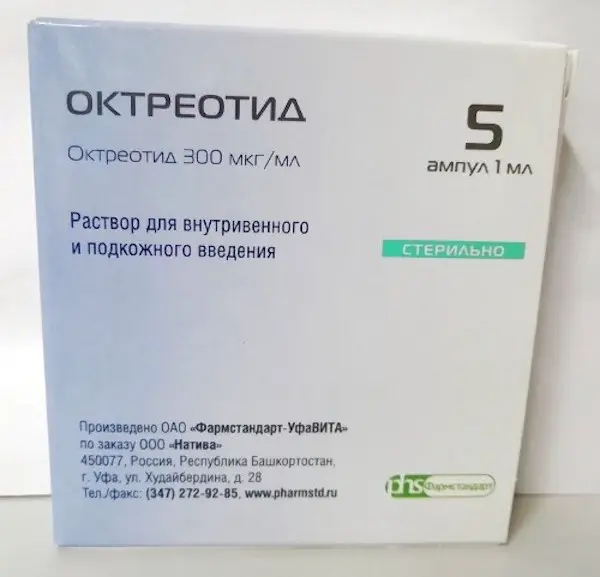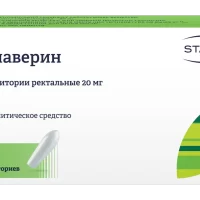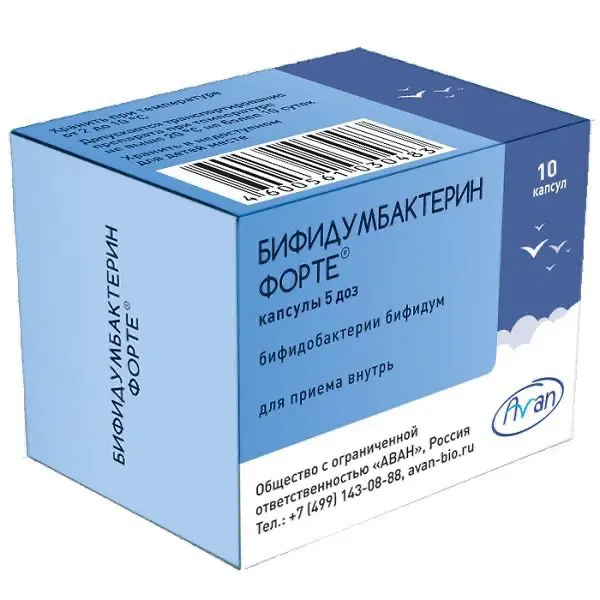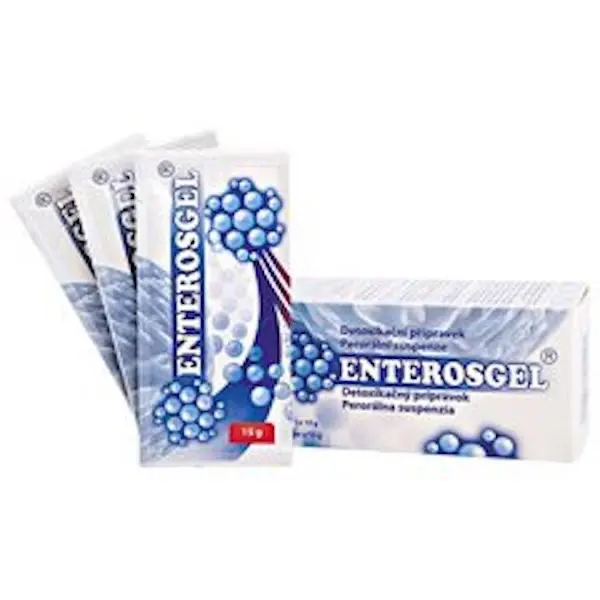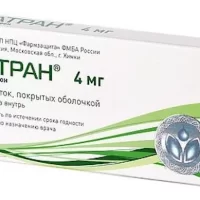Description
Octreotide Pharmacodynamics
It is a hormonal drug, an analogue of somatostatin. It is a synthetic octopeptide, which is an analogue of the natural hormone somatostatin and has similar pharmacological effects to it, but much longer duration of action. The drug suppresses pathologically increased secretion of growth hormone, as well as peptides and serotonin produced in the gastro-enteropancreatic endocrine system.
The use of Octreotide during and after operations on the pancreas and abdominal organs reduces the incidence of typical postoperative complications (e.g., pancreatic fistulas, abscesses, sepsis, acute postoperative pancreatitis).
Indications
– Prevention and treatment of complications after abdominal surgery;
– stopping of bleeding and prophylaxis of repeated bleeding from esophageal varices in patients with cirrhosis;
– Treatment of acute pancreatitis;
– stopping of ulcer bleeding.
Contraindications
– Hypersensitivity to the drug components.
Caution should be used in patients with cholelithiasis, diabetes, pregnancy, lactation.
Directions for use and dosages.
- In treatment of acute pancreatitis, Octreotide is administered by p/c in a dose of 100 mcg 3 times/day for 5-7 days. It is possible to prescribe up to 1200 mcg/day, the dose selection is based on determining the concentration of amylase, lipase, inflammatory cytokines in blood.
- To prevent complications after pancreatic surgery, the first dose of Octreotide 100 mcg is given by p injection 1 hour before laparotomy and then 100 mcg 3 times daily during the next 7 days by p injection.
- To stop bleeding from varicose esophageal veins, the drug is administered by IV in a dose of 25 mcg/h in a prolonged infusion for 5 days.
- To stop bleeding during gastric and 12 duodenal ulcer disease, it is recommended to administer Octreotide as an intravenous infusion at a dose of 25 mcg/hour for 5 days.
- In elderly patients there is no need to reduce the dose of Octreotide.
- In patients with impaired renal function there is no need to adjust the dosing regimen of Octreotide.
- In patients with impaired liver function, correction of the maintenance dose is recommended, since there is evidence of increased T1/2 of Octreotide in patients with liver cirrhosis.
- There is very limited experience with octreotide in children.
- Rules for preparation and administration of the solution
In order to reduce discomfort at the injection site, Octreotide solution should be at room temperature before injection. - When administering the drug by injection, several injections into the same place at short intervals should be avoided. Ampoules with the drug should be opened immediately before injection, the unused amount of the solution should be destroyed.
- When injecting intravenously the solution should be carefully inspected for transparency, presence of particles, sediment, color changes. Do not use the drug if it is turbid, contains particles, sediment. Octreotide retains physical and chemical stability for 24 hours in sterile 0,9 % sodium chloride solution at 8 to 25 °c. Diluted solutions should be used immediately after preparation to avoid microbial contamination. If the solution is not to be used immediately, it should be stored at 2 to 8°C until used. The solution should be kept at room temperature prior to use.
- The total time between dilution, storage in the refrigerator, and the end of administration of the solution should not exceed 24 h.
- If intravenous administration is required, the contents of one ampoule containing 300 µg of Octreotide should be diluted in 60 ml of 0.9% sodium chloride solution, the prepared solution should be administered intravenously by drop infusion. Infusions are repeated with the necessary frequency in accordance with the recommended duration of treatment.
- Octreotide may also be administered in lower concentrations.

